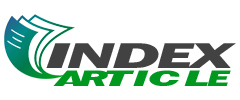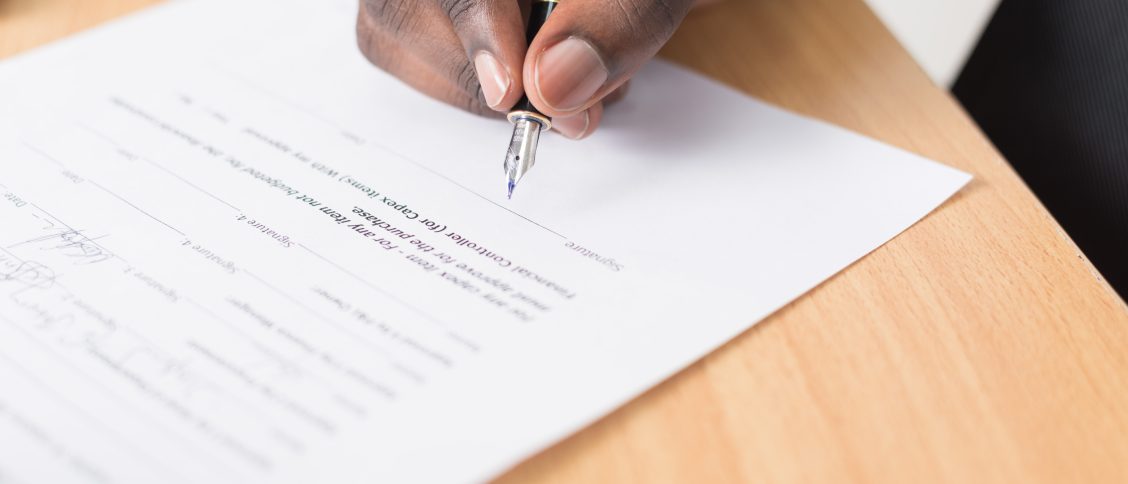Navigating the claims process can be a daunting task, especially when you’re dealing with claims adjusters. These professionals are trained to protect the interests of insurance companies, often making it difficult for policyholders to obtain the compensation they deserve. However, with expert tips and strategies, you can level the playing field and increase your chances of a successful claim.
In this article, we will uncover key insights and advice from experts in the field, helping you understand how claims adjusters operate and how to effectively communicate with them. Whether you are filing a claim for property damage, a car accident, or an injury, these tips will empower you to present your case persuasively and maximize your chances of a fair settlement.
Understanding the Claims Process
Before delving into tips for handling claims adjusters, it’s important to have a basic understanding of the claims process itself. When you file a claim with your insurance company, the first step is typically to contact a claims adjuster. These professionals are responsible for investigating the details of your claim, assessing the damages, and determining the amount of compensation you are entitled to.
The claims process usually involves several stages, including the initial notification of the claim, the investigation, the evaluation of damages or injuries, the negotiation of a settlement, and the final resolution. It’s crucial to be patient and thorough throughout this process, as any missteps or lack of documentation can potentially harm your chances of a successful claim.
The Role of Claims Adjusters
Claims adjusters play a pivotal role in the claims process, as they are responsible for evaluating the validity of claims and determining the appropriate compensation. However, it’s important to understand that their primary allegiance lies with the insurance company, and their goal is to minimize payouts and protect their employer’s financial interests.
Claims adjusters are trained professionals who are well-versed in insurance policies and regulations. They have the expertise to evaluate the extent of damages, assess liability, and negotiate settlements. It’s important to approach interactions with claims adjusters with a clear understanding of their role and motivations, as this will inform your strategy for handling the claims process.
Tips for Interacting with Claims Adjusters
Effectively communicating with claims adjusters is essential for a successful claim. Here are some expert tips to help you navigate these interactions:
- Be prepared and organized: Before speaking with a claims adjuster, gather all relevant documents, such as police reports, medical records, and photographs of damages. Have a clear understanding of your policy coverage and the specifics of your claim. Being prepared and organized will help you present your case confidently and provide the necessary evidence to support your claim.
- Document everything: Keep a detailed record of all communication with the claims adjuster, including the date, time, and content of conversations or emails. This documentation will serve as evidence of your interactions and can be useful if any disputes or discrepancies arise later in the process.
- Remain calm and professional: It’s natural to feel frustrated or angry when dealing with the claims process, but it’s important to remain calm and professional during interactions with claims adjusters. Emotional outbursts or confrontational behavior can harm your credibility and potentially hinder the progress of your claim.
Providing Necessary Documentation and Evidence
When dealing with claims adjusters, providing the necessary documentation and evidence is crucial to substantiate your claim. Here’s what you need to do:
- Gather all relevant documents: Collect all documents related to your claim, including police reports, medical records, repair estimates, and any other evidence that supports your case. Having these documents organized and readily available will help streamline the claims process.
- Take photographs: If your claim involves property damage, take clear photographs of the damages from different angles. These photographs will serve as visual evidence and can help the claims adjuster understand the extent of the damages.
- Obtain expert opinions: In some cases, it may be necessary to obtain expert opinions to support your claim. For example, if you’re claiming injuries from an accident, consulting a medical professional or specialist can provide an expert opinion on the extent of your injuries and their impact on your life.
Negotiating with Claims Adjusters
Negotiating with claims adjusters can be challenging, but with the right approach, you can increase your chances of a fair settlement. Here are some tips to keep in mind:
- Know your rights and policy coverage: Before entering into negotiations, familiarize yourself with your insurance policy and understand your rights as a policyholder. This knowledge will empower you to advocate for yourself and ensure you receive the compensation you are entitled to.
- Present your case persuasively: When negotiating with a claims adjuster, be prepared to present your case persuasively. Clearly articulate the details of your claim, provide supporting evidence, and highlight any relevant policy provisions that support your position. Being well-prepared and confident in your presentation can help sway the adjuster in your favor.
- Consider seeking professional help: If negotiations with the claims adjuster reach an impasse or you feel overwhelmed by the process, consider seeking the assistance of a public adjuster. These professionals are experienced in handling insurance claims and can help level the playing field by advocating for your rights and maximizing your chances of a fair settlement.
Dealing with Delays or Denials
Unfortunately, delays or denials are common in the claims process. If you encounter these roadblocks, here’s what you can do:
- Stay persistent: If your claim is delayed or denied, don’t give up. Stay persistent and continue to gather any additional evidence or documentation that strengthens your case. Keep records of all communication and follow up with the claims adjuster regularly to ensure your claim receives the attention it deserves.
- Review your policy carefully: If your claim is denied, review your insurance policy carefully to understand the specific reasons for the denial. Sometimes, claims are denied due to technicalities or misinterpretation of policy provisions. If you believe the denial is unjust, consider contacting an attorney who specializes in insurance claims to explore your legal options.
Hiring a Public Adjuster
In some cases, hiring a public adjuster can greatly benefit your claim. Public adjusters are licensed professionals who work on behalf of policyholders to help navigate the claims process. Here’s why you might consider hiring one:
- Expert assistance: Public adjusters are experts in the claims process and have a deep understanding of insurance policies and regulations. They can help you gather the necessary evidence, present your case persuasively, and negotiate with claims adjusters on your behalf.
- Level the playing field: Insurance companies have teams of claims adjusters working to protect their interests. Hiring a public adjuster levels the playing field by providing you with a knowledgeable advocate who is solely focused on representing your interests and maximizing your claim.
The Role of Attorneys
While hiring an attorney is not always necessary for every claim, there are situations where their expertise can be invaluable. Here’s when you might consider involving an attorney:
- Complex claims: If your claim involves complex legal or liability issues, it may be beneficial to consult with attorneys, such as personal injury attorneys. They can guide navigating the legal complexities and ensure your rights are protected.
- Disputes or denials: If your claim is disputed or denied, an attorney can help you understand your legal options and advocate for your rights. They can review your insurance policy, gather additional evidence, and represent you in negotiations or legal proceedings if necessary.
Common Mistakes to Avoid When Handling Claims Adjusters
When dealing with claims adjusters, it’s important to avoid common mistakes that can potentially harm your claim. Here are some pitfalls to steer clear of:
- Exaggerating or fabricating claims: Providing false or exaggerated information can severely damage your credibility and potentially lead to a denial of your claim. Always be honest and provide accurate information to the best of your ability.
- Accepting the first offer: Claims adjusters often start with a low settlement offer to test your willingness to negotiate. It’s important to carefully evaluate any offer and consider whether it adequately compensates you for your damages. Don’t be afraid to negotiate or seek professional advice before accepting a settlement.
Conclusion
Navigating the claims process can be challenging, especially when dealing with claims adjusters. However, by understanding their role, effectively communicating, and providing the necessary documentation and evidence, you can level the playing field and increase your chances of a fair settlement. Whether you choose to negotiate on your own, hire a public adjuster, or involve an attorney, arming yourself with knowledge and following these expert tips will empower you to handle claims adjusters with confidence. Remember to stay persistent, advocate for your rights, and seek professional assistance when needed. With the right approach, you can navigate the claims process successfully and obtain the compensation you deserve.







